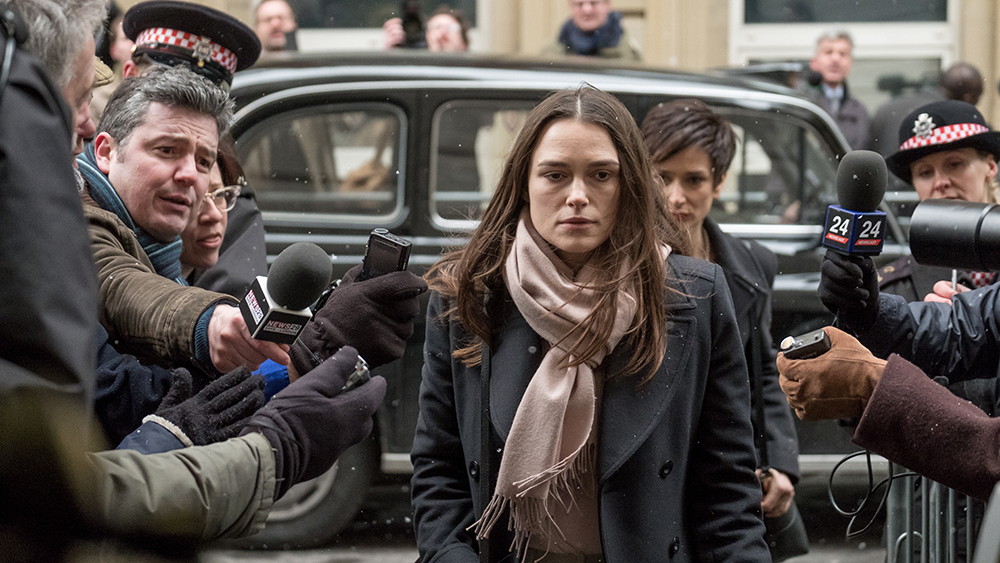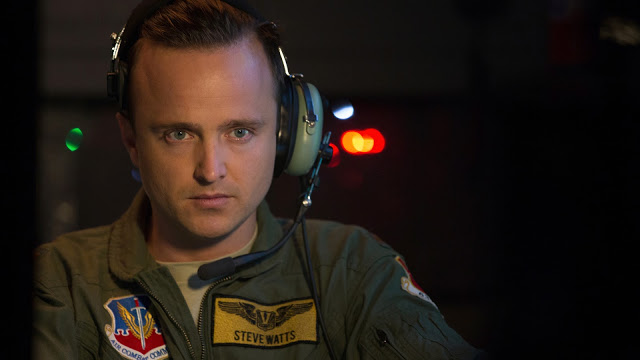Official Secrets: Blowing the Whistle, and Facing the Consequences

Three days before I saw Official Secrets, the Washington Post released a story that provided new details regarding a previously filed whistleblower complaint, which alleged that President Trump had made an improper promise to a foreign leader. The whistleblower, a member of the intelligence community, had felt compelled to take action because he believed that Trump’s conduct rose to the level of an “urgent concern”, which appears to be spook-speak for A Big Fucking Deal.
The aftermath of these explosive revelations is currently unspooling on various media: newspapers and their online affiliates, with their wide range of clickbait headlines and weary fact-checks; Twitter, with its armchair policy experts and viral memes; and—the President’s primary source of information gathering—TV news programs, with their ranty guests and exasperated moderators. The pages of history surrounding these events are currently being written; movies dramatizing them will surely pop up in the ensuing years and decades. In a less insane, more cinematically karmic world, this ongoing furor might have served as serendipitous marketing for Official Secrets, a movie which—if you can believe it—involves a civil servant in an intelligence agency who blows the whistle on her government after discovering that it’s engaged in illegal activity regarding foreign countries. Read More

